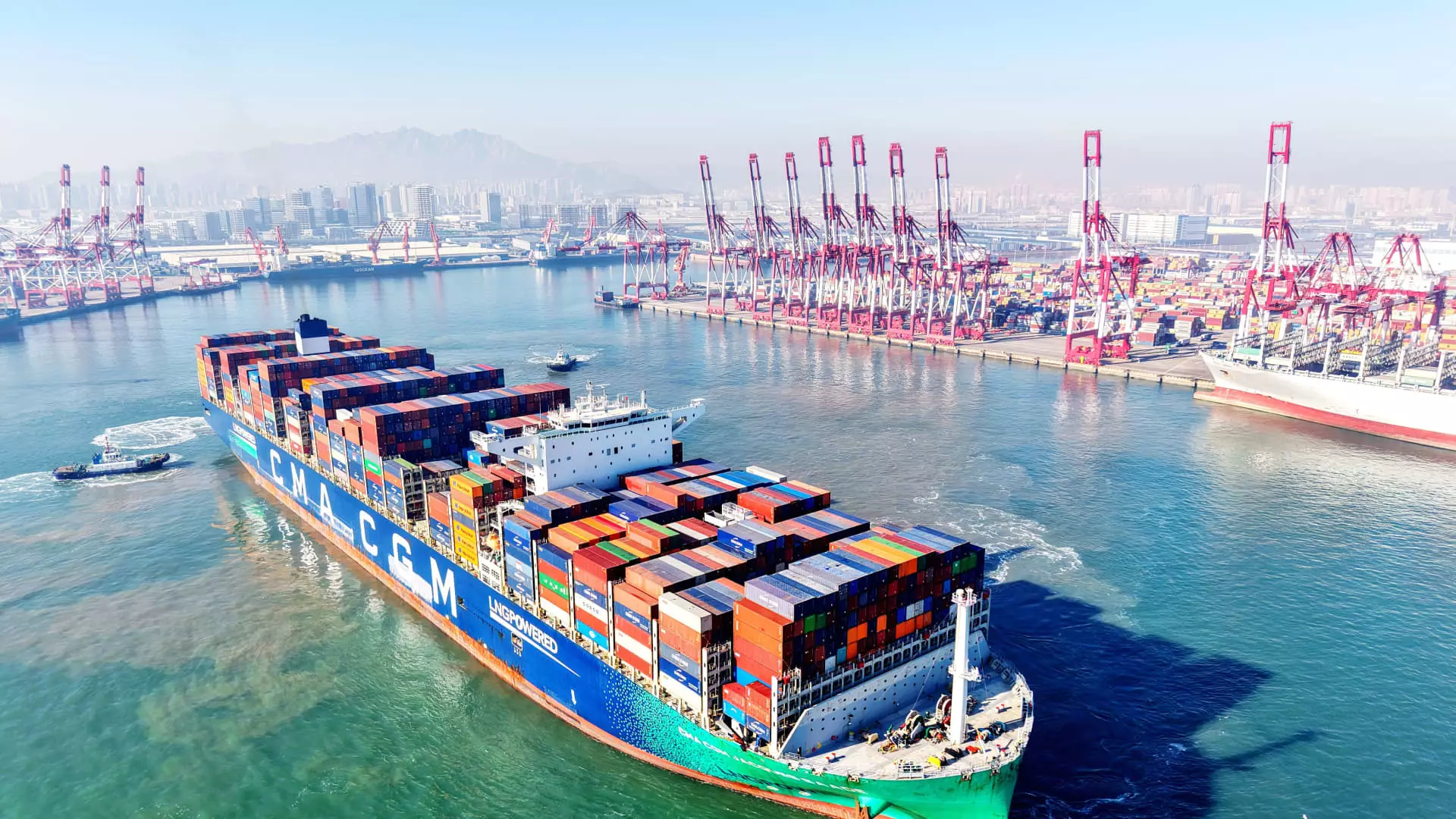As China grapples with an evolving economic landscape marked by fluctuating tariffs and calls for governmental intervention, investors are scrutinizing high-yield mainland stocks. Citigroup’s recent analysis highlights that, in light of plummeting government bond yields, these yield-focused stocks present a compelling opportunity for investors in the A-share market. The decline in the yield of China’s 10-year government bonds, which recently reached an unprecedented low of around 1.58%, prompted the People’s Bank of China (PBOC) to halt its government bond purchases—a significant move that has implications for broader market trends.
The ramifications of such a decline cannot be overstated. With the current yield hovering around 1.64%, analysts predict it may continue to decrease. There is widespread speculation that the PBOC could cut interest rates by as much as 50 basis points next year while also reducing the required reserve ratio by 100 basis points. In a world where stability is increasingly rare, these potential moves could significantly influence investment strategies.
Against this backdrop, analysts from Citigroup have identified several high-yielding stocks that are worth noting. Companies like Yutong Bus, Gree Electric Appliances, and Ping An Bank are prominent recommendations, showcasing how sectors linked to infrastructure and consumer goods can attract long-term investors. Historically, banks and home appliance stocks in China have yielded anywhere from 4% to 6%, a stark contrast to the meager sub-2% yields of government bonds, making them an appealing choice for those seeking reliable income.
However, caution is warranted. The promise of high dividend yields can be illusory, particularly for companies that are sensitive to volatile commodity prices. Investors must remain aware that while yields may seem enticing, the underlying stability of these companies must also be considered to avoid potential pitfalls.
Understanding the Tariff Implications
A critical layer of complexity arises from the looming tariffs proposed by the incoming U.S. administration. With President-elect Donald Trump signaling his intention to impose additional tariffs on Chinese products, Citigroup economists project that these tariffs could have a tangible impact on China’s export capacity and overall GDP growth. Specifically, it is estimated that Chinese exports could be reduced by approximately 6%, leading to a GDP contraction of around 1%.
From discussions with key Chinese officials, it is clear that the nation is committed to steady economic growth, but this goal may become increasingly difficult to achieve if external pressures mount. The anticipation of a short-term stock market rally in response to a potential tariff agreement emphasizes the volatility of the current environment. Regardless, analysts concur that any short-term gains will likely not address the underlying deflationary trends that have plagued China’s economy.
The broader macroeconomic indicators indicate a GDP growth of 5% for 2024, aligning with governmental targets. However, when factoring in the effects of deflation, the expansion appears much less robust at 4.2%. This discrepancy recalibrates expectations, highlighting the challenges that policymakers will face in reversing the deflationary cycle.
The commitment of Chinese authorities to enhance fiscal deficit levels, coupled with potential stimulus measures set to be unveiled at the annual parliamentary meeting in March, reveals a proactive approach to economic management. These strategies will fundamentally influence the trajectory of the economy moving forward, particularly in relation to the real estate market.
Navigating the complexities of the Chinese market requires both acuity and foresight. Investors must balance the allure of high dividend yields against the backdrop of international tariffs and domestic economic policies. As the landscape evolves, those willing to engage with the nuances of this market may find fertile ground for investment, but it will be essential to proceed with a keen awareness of the underlying risks.

